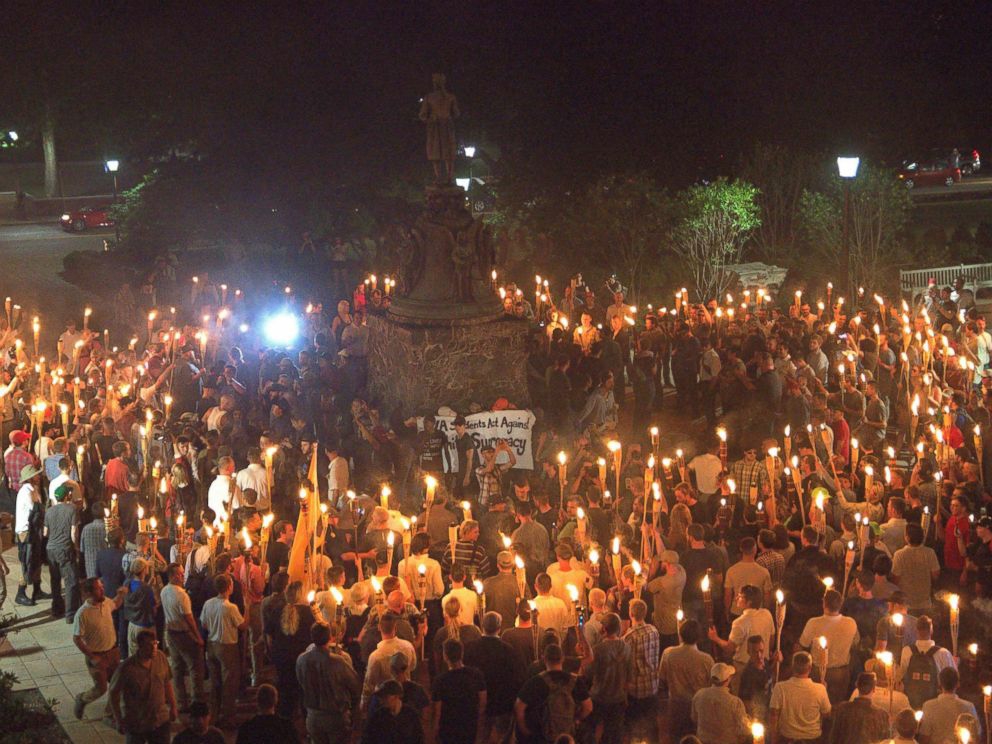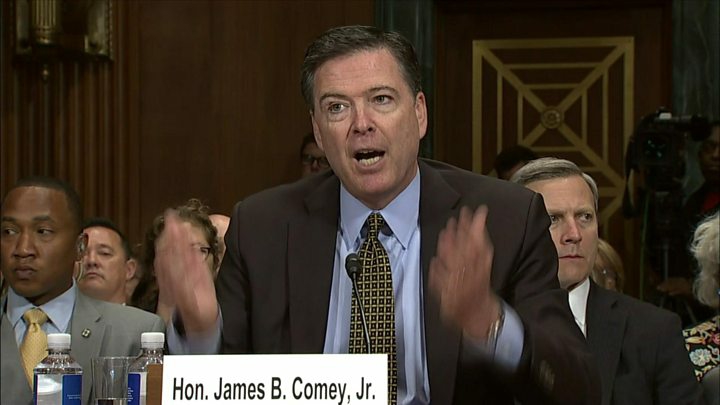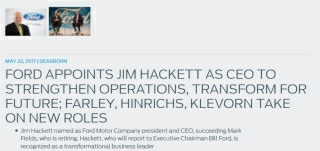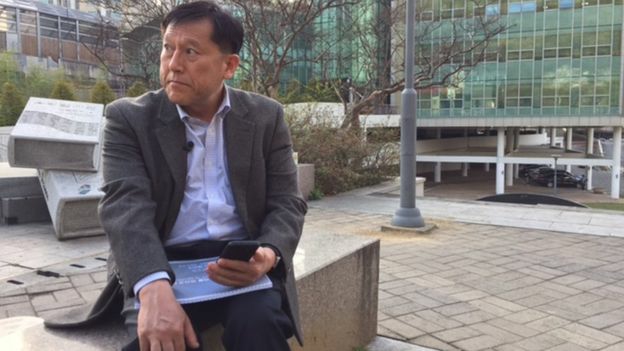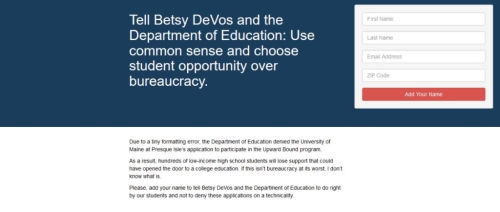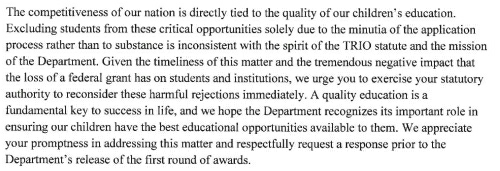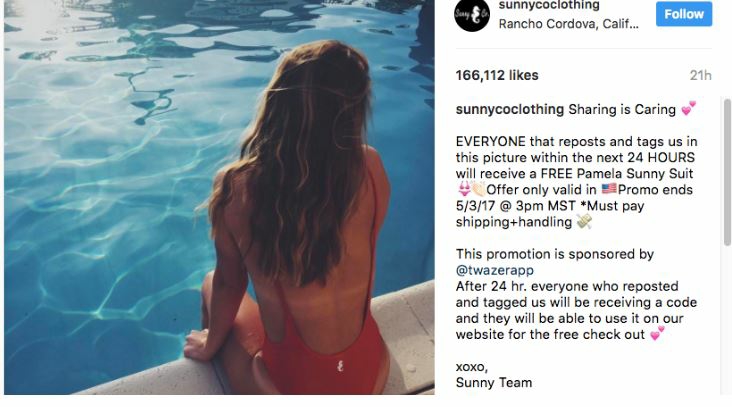Comparing CEO Statements
/ A writer for The New York Times doesn't condemn CEOs for leaving President Trump's business advisory councils, but she says that we should expect more, particularly from those who gave what she considers vague statements. Zoe Greenberg writes,
A writer for The New York Times doesn't condemn CEOs for leaving President Trump's business advisory councils, but she says that we should expect more, particularly from those who gave what she considers vague statements. Zoe Greenberg writes,
It's fine to thank these executives for doing the right thing. But to look to these men as brave leaders? Let's not lower our standards, both politically and morally, so far that we're cheering for the absolute bare minimum of human decency.
She gives the example of Brain Krzanich of Intel's statement:
I resigned to call attention to the serious harm our divided political climate is causing to critical issues, including the serious need to address the decline of American manufacturing.
The Los Angeles Times rounded up 15 CEOs' statements about their decision to leave, some before the Charlottesville incident. Comparing the statements and the reasons they identified is an interesting exercise. Some executives used the opportunity to promote their companies, and some gave more specific reasons that others.
Discussion:
- Which executives most used the opportunity to promote their company?
- Which gave the most vague and most specific reasons for leaving?
- What other differences do you notice?
- Which statements do you find most effective and why?
